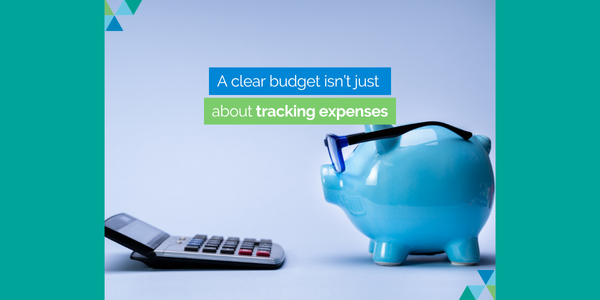Three Ways to Avoid a Cash Flow Crash in 2017

In any business at any stage, cash is king. However, cash flow mismanagement is often the number one pain point for most SME's and one of the highest causes of business insolvency.
A recent MYOB survey of SME's revealed one of the biggest stress factors for business owners comes down to cash flow management, with 50% respondents opting to not pay themselves a wage one or more times in the past year as a result of cash flow issues.
If any of this is sounding familiar, it may be time to nip your cash flow issues in the bud for 2017. If you are going to work as hard as you do, you want to ensure that you are generating a return for your hard earned efforts.
Below are three factors we believe are crucial to ensuring your business has a healthy and sustainable cash flow.
1. Be aware of your cash flow cycles
Plan out your year in advance by anticipating peaks and troughs of sales activity. If you can see where you may have lulls in your turnover you can start to plan to address these before it is too late. Marketing and promotion can take a couple of months to start generating results so if you know that you will be quiet over Christmas or during winter – start ramping up your marketing well in advance of these periods.
2. Have a solid billing system
Having clear payment terms on your invoice, billing for the provision of your goods and services as quickly as possible and having a system in place to chase bad debtors are all integral habits to have in place to ensure your bills are being paid as quickly and efficiently as possible.
Using automated accounting software such as Xero can help exponentially with this. The technology has been developed to make it as easy as possible for you to get paid. It includes invoice templates that include all of the necessary information needed to communicate your billing terms and automation functionality such as scheduled invoice follow-up emails.
3. Get some help where needed
Consider getting some help with forecasting and budgeting, bookkeeping or debt collection. If you find that you're are not getting the time or do not have the expertise to manage your cash flow effectively, perhaps it's time to harness some help from the experts.
Many businesses feel uncomfortable about chasing debts, particularly with existing clients. Outsourcing this job to a third party can avoid those uncomfortable conversations and ensure that you collect your money promptly.
Accountants and bookkeepers are familiar with the nuances of managing a business's numbers. They know the key figures to monitor and the warning signs of an impending cash flow disaster.
By allowing experts to manage your accounting or bookkeeping activities you may end up saving yourself a stack of time and money as well as investing in your businesses sustainability in the long run. So make a point of reviewing your key numbers regularly, looking forward and planning ahead rather than looking back and reacting and you will be far more likely to avoid a cash flow crash in 2017!










